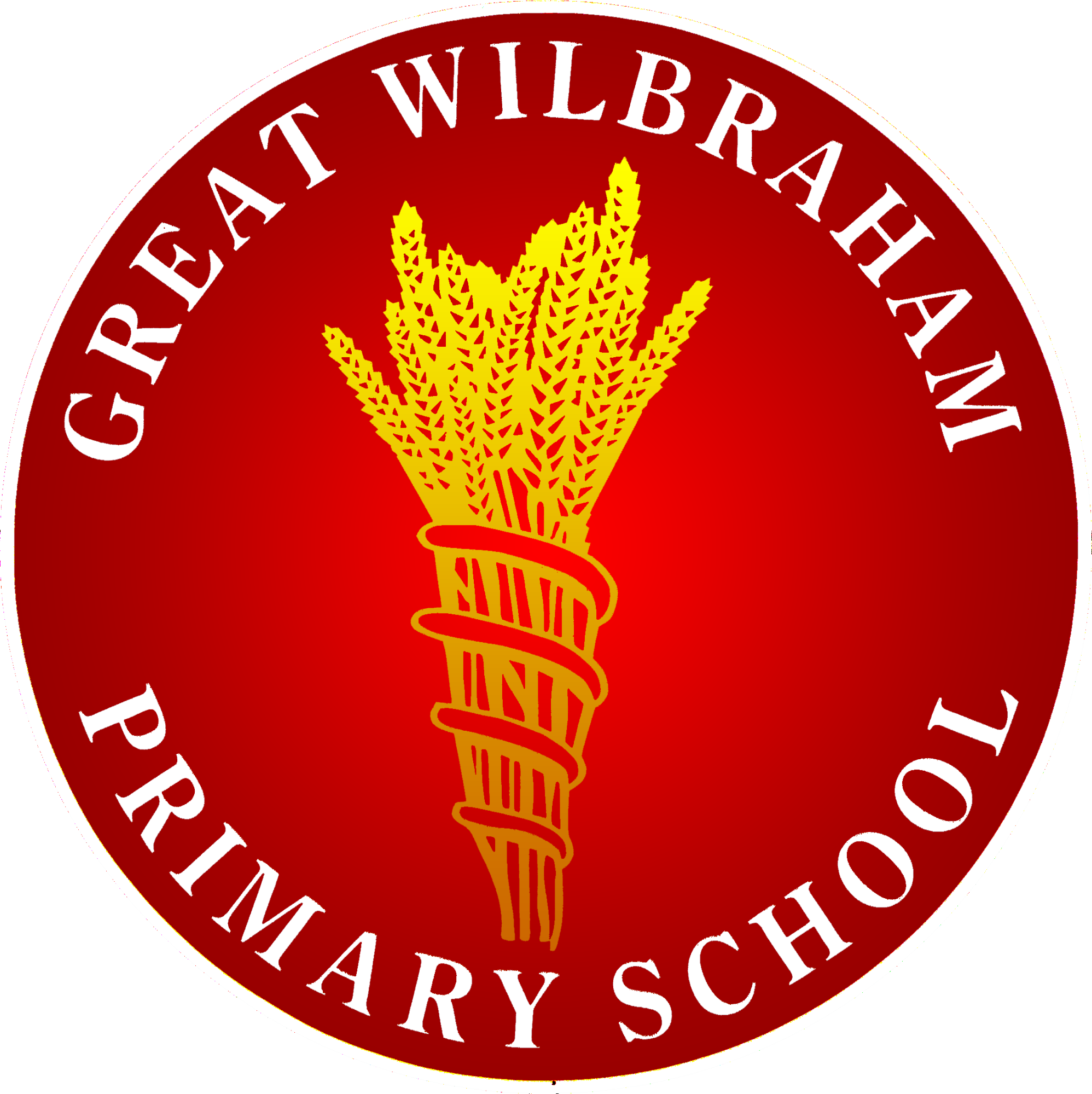Reading
PLEASE REFER TO THE EYFS PAGE FOR PROVISION Nursery to Year 1
English Curriculum Intent
The child is at the very centre of everything we do at Great Wilbraham. Our Reading curriculum is built on strong, pedagogical principles, with every single child encouraged and nurtured to develop the skills and knowledge they need in order to be successful in their future adventures. We aim to prepare them for a successful working life. We make it our aim to discover what children are good at and to use this to promote a positive attitude to reading.
We recognise the importance of reading in allowing access to other curriculum areas as well as preparing children for life in wider Britain and the wider world. They will learn a clear progression of skills and knowledge with opportunities for cross curricular links with other subjects allowing links to be made as the learning becomes embedded.
At Great Wilbraham we recognise the importance of the development of vocabulary. Vocabulary is identified at the planning stage, across the curriculum subjects and is identified at the beginning of each lesson.
Our curriculum is both broad and balanced, with opportunities for children to celebrate, share and learn about different cultures, beliefs and diversity. The curriculum content allows pupils to explore where there are no limits to learning and a clear development of skills learnt.’
English Curriculum Implementation
Phonics: We use the DFE approved Little Wandle phonics scheme. A systematic, synthetic programme with clear expectations for pupils’ progress across the year groups. Daily lessons have a clearly defined structure to the teaching of phonics, enabling all learners to develop and apply new skills. Each teacher input is followed up with opportunities for children to further apply these skills. Parents are informed about their child’s learning at least weekly. All staff delivering phonics have had the relevant training and ongoing support to ensure they have the knowledge and confidence to deliver high quality phonics sessions. Assessment is ongoing and if any child is deemed to be falling behind then same day interventions take place to ensure they keep up. If children do not pass the year 1 phonics check in year 2 they will continue to be taught phonics in a systematic way using the Little Wandle catch-up programme. Some SEND children will have alternative phonics provision suggested due to their individual needs. Phonics assessemtn is ongoing.
Reading: All EYFS children have a Little Wandle reading book to take home when they are ready. EYFS start reading 1:1 with an adult, gradually moving into small groups as they develop confidence. In key stage 1 guided reading sessions are completed in small groups based on ability. Once children are confident readers then whole class guided reading sessions occur at least three times a week. These lessons have a clear focus using the National curriculum statements. Termly tests also provide opportunities for teachers to identify areas of weakness that need to be addressed.
Class Readers: Children are read to every day. These books are carefully chosen so all children can appreciate the wide range of experiences books can offer.
English Non-negotiables:
Classroom expectations for Lower School:
- A growing phoneme display that can be referenced to.
- Tricky words that can be referred to during teaching time (relevant to coverage)
Classroom expectations for all classrooms:
- Key vocabulary displayed.
- Text maps
- Evidence of class book.
- Phoneme word maps for students to access.
Other:
- Teachers are to monitor children’s progress during and at the end of each unit taught.
- They are to monitor against the key skills for their year group and record them.
- Children will be recorded either as: working below, working at, or working above age-related expectations. This is recorded on Insight.
- Information will be passed onto the next class teacher.
- Year 2 upwards will formally assess their children once a term.
English Curriculum Impact
In order to monitor the effective teaching and progression of reading across the key stages, a range of measures will be used:
- Pupils, parents and staff are consistently and regularly consulted about the curriculum and the impact it makes.
- The desired outcomes of the curriculum will ensure that pupils are well-rounded students, ready to embark on their high school education. Pupils will have an understanding of what they are good at and will have developed the appropriate skills to face their future challenges.’
- Impact of the Reading Curriculum: In order to monitor the effective teaching and progression of these key English skills across the key stages, a range of measures will be used:
- Planning scrutiny focusing on the planned sequences of learning and skills across a year group and specific topics on both long-term and short-term planning
- Reviewing and monitoring to ensure that there is sufficient coverage of the key skills being taught.
- ‘Pupil Perception Interviews’ with a range of children across the school once or twice a year to develop a better understanding of their interests and views on the reading curriculum.
- Opportunities for sharing good teaching/activity ideas for the key English skills during staff meetings throughout the school year. The impact and measure of this is to ensure that children at Burrough Green are equipped with geographical skills and knowledge that will enable them to be ‘secondary ready’ for life as an adult in the wider world
